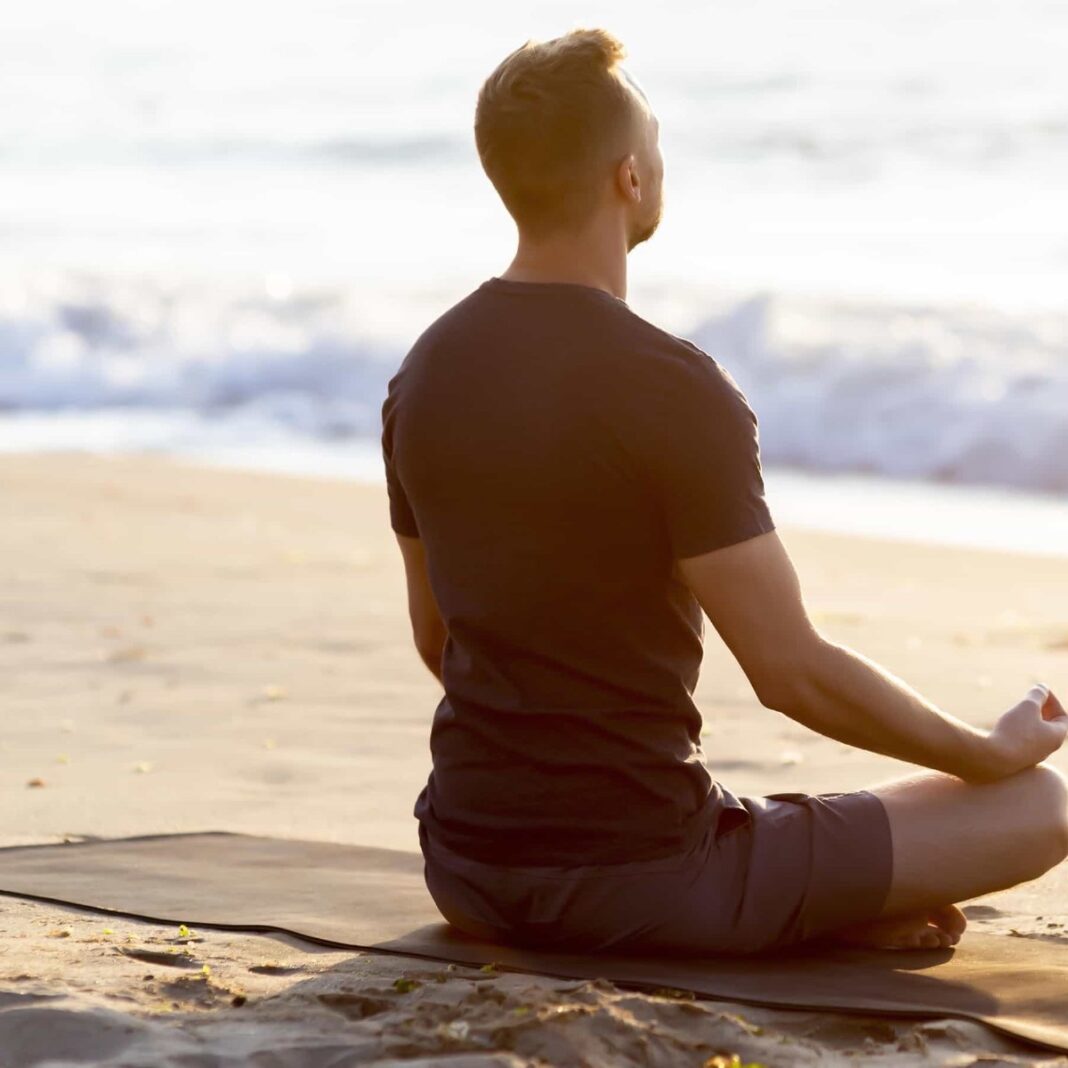Life can be overwhelming. The mind is constantly pulling us in different directions and we can find ourselves unable to focus on anything. Fortunately, there are techniques that can give us a sense of control and clarity, allowing us to find the peace of mind that we all crave. Mindfulness and meditation are two of the most essential tools that can be used to help us gain mental clarity. In this article, we will discuss how these practices can help us to improve our minds, and introduce some of the most effective techniques.
1. Exploring the Benefits of Mindfulness and Meditation
Mindfulness and meditation can be powerful tools when it comes to bringing more awareness and wellbeing into our lives. When practised regularly, these activities can help to reduce stress and tension, cultivate self-confidence and clarity, and foster feelings of inner peace. Here are just a few of the benefits that can be experienced from engaging in mindfulness and meditation:
- Greater mental clarity and focus.
- Calmer emotions and thought processes.
- A healthier relationship with your inner being.
- Enhanced physical wellbeing, including improved sleep, lower blood pressure and improved immune system functioning.
Mindfulness and meditation helps us to cultivate an awareness of our body and mind, allowing us to recognize when our thoughts, feelings and emotions are out of balance. Through regular practice, we learn how to bring our awareness back to the present moment, pausing to breathe, and choosing to respond differently than we would normally react. As we practice mindfulness and meditation regularly, we strengthen and deepen our ability to pay attention and observe our inner selves with more kindness, gentleness and understanding.
2. Understanding the Benefits of Cultivating Mental Clarity
Mental clarity is a valuable asset – it helps to keep us focused and productive, and can even improve our overall physical health. Developing mental clarity can also lead to better decision-making and increased resilience. It’s worth cultivating this state of wellbeing.
The key to unlocking mental clarity is through stillness and focus. Meditation allows us to relax, empty our minds of worries, and to direct our thoughts elsewhere. Regular practice of mindfulness can help to reduce stress, lower our cortisol levels, and increase our cognitive functioning. Other simple exercises like journalling or working on puzzles can help us stay mindful and focused.
- Meditation helps to relax our minds and bodies.
- Mindfulness aids in reducing stress levels, promoting cognitive functioning.
- Journalling and focusing on puzzles can help us to stay more focused.
These practices each serve as tools to cultivating mental clarity. With time and patience, you can tap into a deeper state of being, one with more clarity, more calm, and more understanding. Let mental clarity be your guide and unlock your true potential.
3. Establishing a Meditation Practice for Maximum Mental Clarity
Meditation is one of the most powerful tools you can employ for gaining clarity of mind. Regular practice has been proven to reduce stress, improve concentration, and build mental resilience. To make sure you reap the full benefits of this ancient practice, here are a few tips on establishing a successful meditation routine:
- Set Reasonable Goals: It’s tempting to overcommit to meditation. But if you try to do too much, too soon, you’re likely to end up overwhelmed and burning out. Set realistic expectations about how much time you can spend in your practice each day.
- Comfortable Environment: Make sure your meditation space is comfortable and serene. Soothing music, scented candles, or even rain sounds can help create a relaxing atmosphere.
- Start Slowly: Don’t force yourself to sit in one position for too long. If one session goes well, it’s fine to add a few minutes to the next. But don’t push yourself beyond your limits.
Last but not least, be persistent and patient with yourself. It may take some time and practice before you fully reap the benefits of meditation. Remember to be kind to yourself and have fun with your practice.
4. Stepping Into Mindful Awareness for Increased Clarity
Mindfulness can be an incredible tool for achieving greater clarity in your life, as well as improving your overall well-being. With mindful awareness, you can become aware of your thoughts and feelings and choose how to respond, rather than react in an habitual way.
Here are some simple steps to help bring more mindful awareness into your life:
- Observe: Step back and take an objective view of your thoughts, feelings and external environment.
- Bring awareness: Don’t judge or react – just notice and bring your attention to what’s present.
- Discover your patterns: Recognize any recurring patterns that come up, either positive or negative.
- Let go: Acknowledge and release the thought or emotion with compassion.
Though it may take time to cultivate the practice of mindful awareness, the rewards of greater clarity and peace of mind far outweigh the effort. When you take the time to be mindful in any and all of your activities, you can help unlock a whole new level of insight and understanding.
Take a deep breath and give mindfulness and meditation a try. Soon, you’ll be able to explore the beautiful clarity of the mind, and feel your mental faculties come alive. Learn to find space and relaxation in your daily life, and see what a difference it makes. Namaste!




